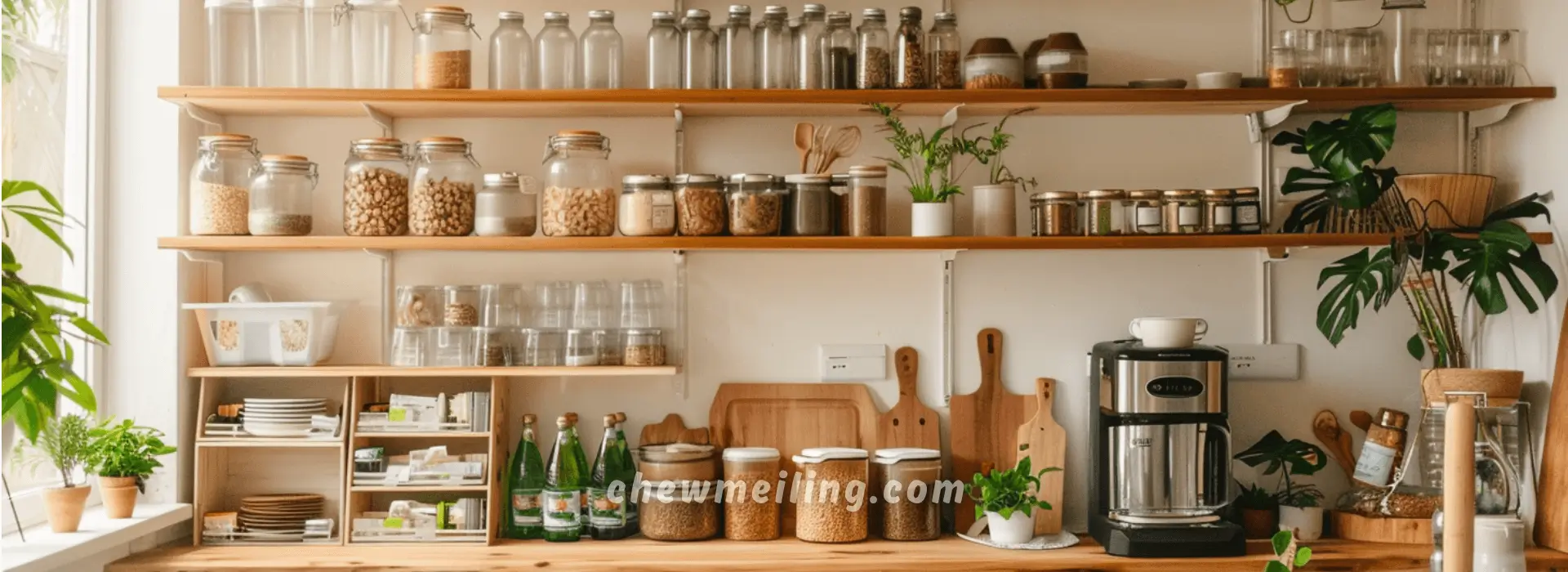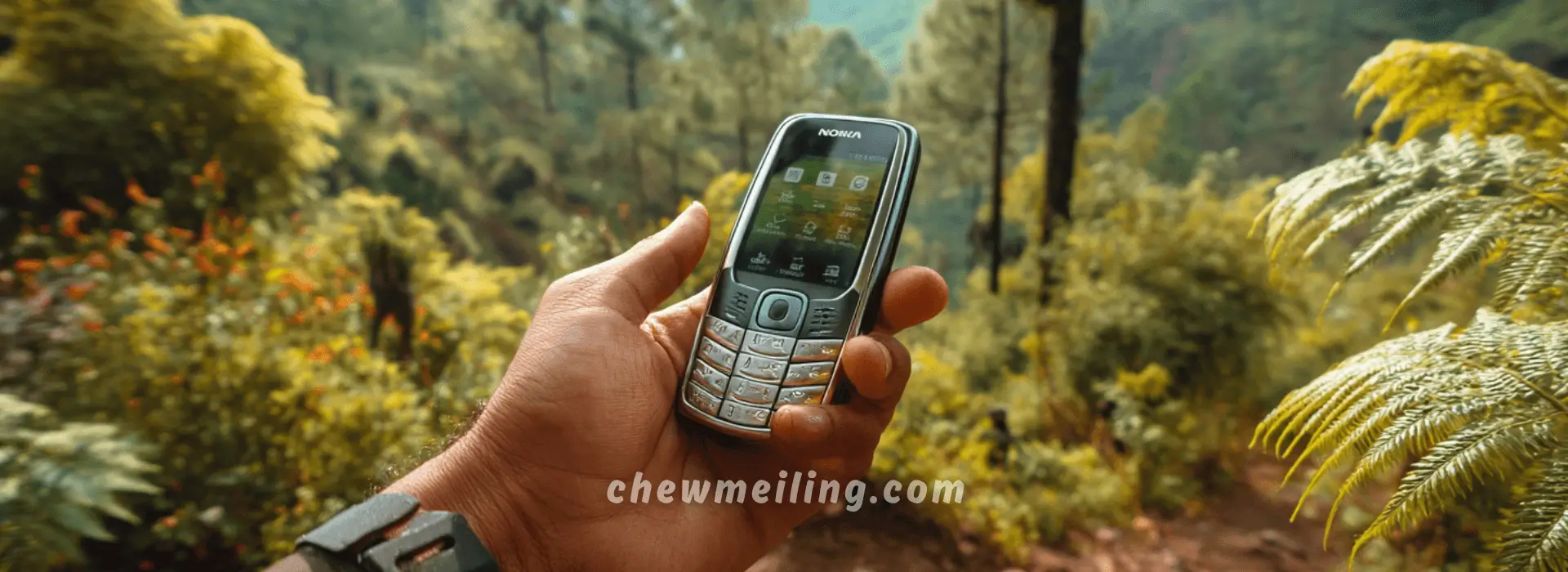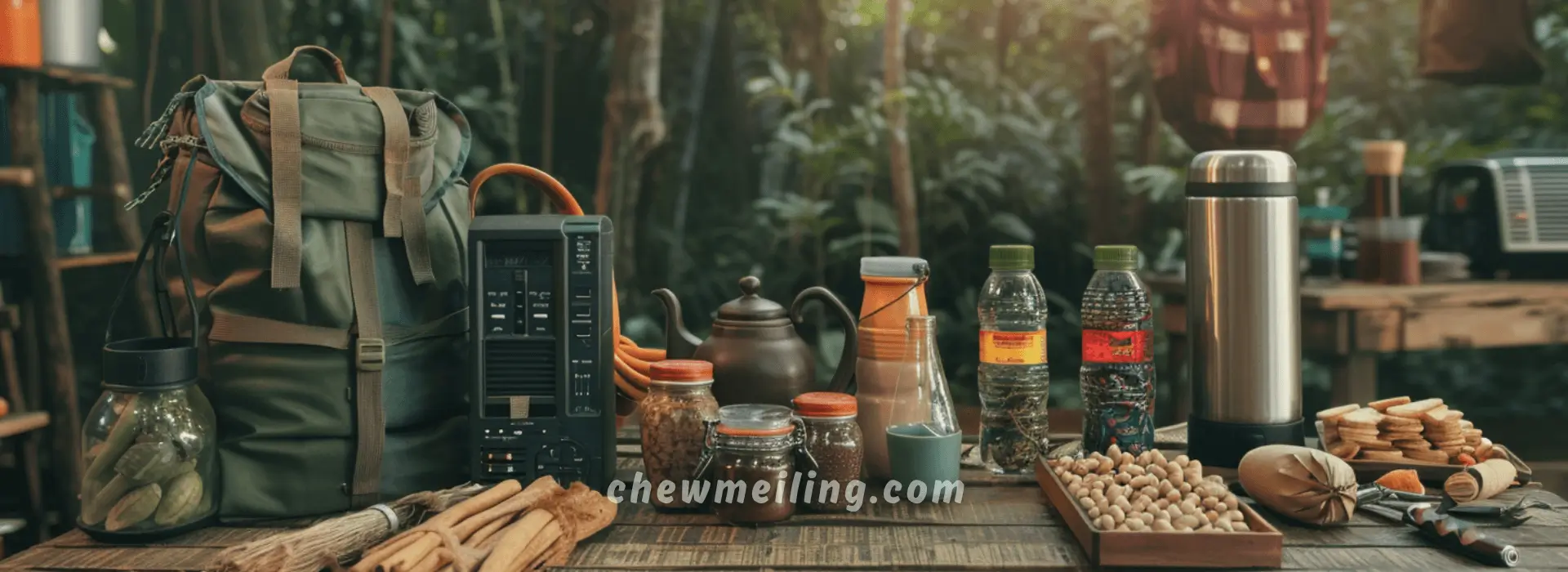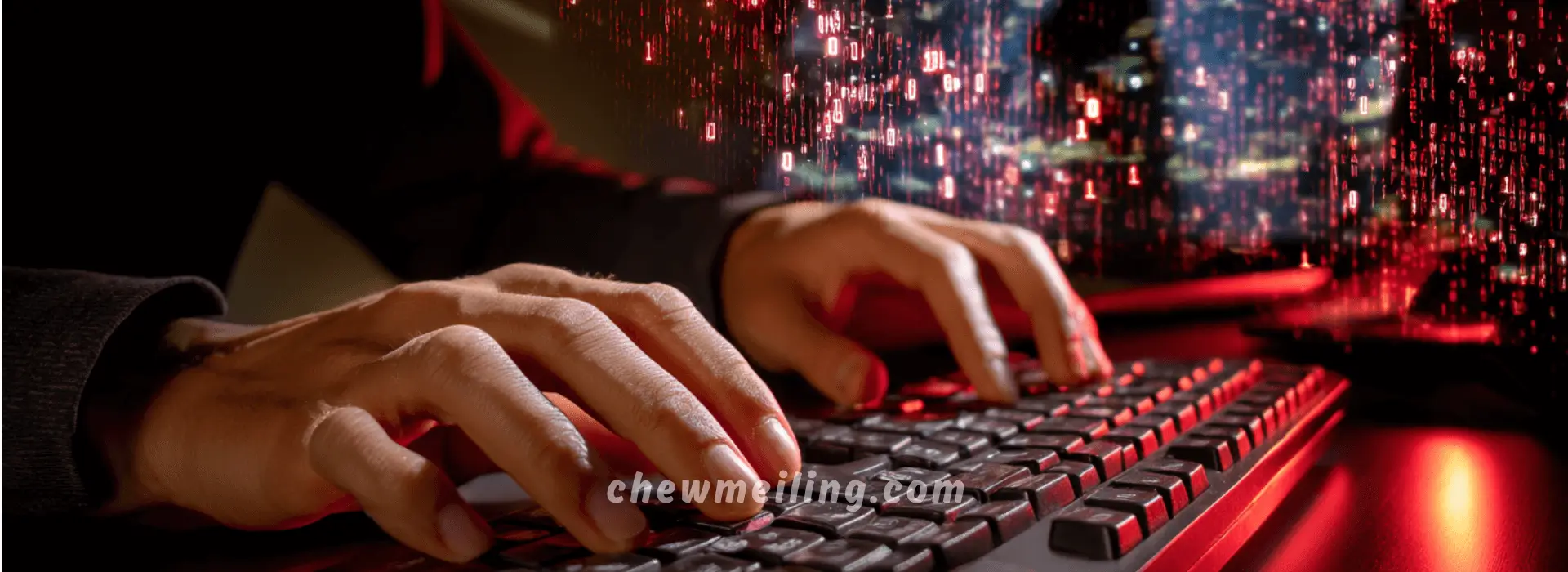I have been interested in prepping for quite a while – often watching the preppers’ community on social media platforms as they discuss tips and tricks on prepping. When I found the Urban Preppers Malaysia group on Facebook, I was more than keen to join the community of over 55,000+ and learn from their expertise.
Why I Was Keen on Prepping
In the recent years, we have seen how life can change quickly and often with little or no warning. These events are a reminder that preparedness is not a choice, but a necessity. In Malaysia, the sudden flood during the monsoon season, economic shifts that cause upward spiral of food prices, health outbreaks (Covid-19 in 2020) are situations that taught us the importance of being prepared.
Since Covid-19 took place in 2020, I have been thinking seriously about food security. What could I do to prepare myself and my family from future similar situations? I don’t want to sound grim, but some thoughts on my mind include apocalypse, disease outbreaks, war, food scarcity, and more. That was really going to the darkest part of my mind. After doing some research, I have gathered 5 key reasons why people are prepping and why you should too.

#1 Natural Disasters are Unpredictable
In Malaysia, we are blessed not to be affected by large natural events such as typhoons and earthquakes. However, the heavy monsoon rain can sometimes lead to floods and landslides that can disrupt your daily life. When such events occurs, the sudden need for essential items like clean water, food, and medical supplies becomes urgent – and often leads to people scrambling for these items. Recall the mad rush for toilet paper during Covid-19 outbreak? It was something we take for granted during normal days.
Preparing ahead is key to keeping your family secure in event of a natural disaster. Stock up on essential supplies, create an evacuation plan, identify safe areas in your community, and keep important documents in safe places – so you will be able to respond swiftly when the unexpected happens.
Prepping for Natural Disasters:
- Emergency Kits: Assemble basic kits with water, non-perishable food, flashlight, batteries, and first-aid supplies.
- Water Filtration: Keep a mobile water filtration system (that doesn’t require electricity, in case of blackout) and purification tablets in case of water contamination.
- Power & Communication: Invest in portable power banks (and keep it fully charged at all times), battery operated radios, and basic phones with long battery life.
#2 Global Supply Chain Issues that Affect Local Resources
Whether we like it or not, we live in an interconnected world that depends on complex supply chains that span across multiple countries and regions. During the Covid-19 outbreak, it was evident that global disruptions can severely impact the availability of resources locally. There was a shortage of essential goods and unexpected price hikes – and this chain effect impacts everything else.
Prepping for Supply Chain Disruptions:
- Food Stockpiling: Prepare a pantry with non-perishable foods that you regularly consume, such as rice, canned goods, dried beans, and spices. Rotate these items to prevent any wastage.
- Home Gardening: Growing your own vegetables, herbs, and fruits can reduce reliance on store-bought produce and save money over time. Identify areas within your own home where you can do minor gardening.
- Bulk Purchases: Buying household items like soap, toiletries, and cleaning supplies in bulk can help you avoid shortages and benefit from cost savings.
#3 Economic Instability
Economic changes can be sudden and unpredictable. It can affect job stability, personal finances and cost of living. These situations can leave people struggling to keep up with rising expenses and/or reduced income. It is important to have a financial safety net and basic resources set aside to buffer against these uncertainties.
Prepping for Economic Instability:
- Emergency Fund: Set aside a small percentage of your income each month to build an emergency fund that can cover essential expenses during difficult times.
- Essential Stockpile: Keep a small stockpile of necessary items like food, toiletries, and household supplies to avoid sudden price increases or shortages.
- Alternative Income Sources: Explore ways to earn additional income, such as freelancing, side businesses, or learning bartering skills within your community.
# 4 Health Emergencies, Pandemics, and Outbreaks
Health emergencies can drastically impact our lives. Medical supplies, protective equipment and basic hygiene products can become scarce. Restrictions on movements also make it difficult to restock and access healthcare facilities when needed. Stocking up on critical medical supplies (regular medication), hygiene products (diapers, wet wipes, etc.), and first-aid essentials will ensure that you are not left vulnerable or unprepared in health crisis.
Prepping for Health Emergencies:
- First Aid Kit: Prepare a comprehensive first-aid kit that includes bandages, antiseptics, pain relievers, and any necessary medications for your family.
- Personal Protective Equipment: Keep a supply of items like masks, hand sanitizers, and gloves to use if another health emergency arises.
- Basic Medicines: Stock up on over-the-counter medications for common ailments like coughs, colds, and fevers, as well as vitamins and supplements to maintain health.
#5 Peace of Mind and Family Safety
One of the most overlooked benefits of prepping is the sense of peace and security it brings. Prepping is not just about stockpiling supplies – it is about creating a plan, learning essential skills, and fostering a sense of resilience that can ease worry about the unknown. Having a plan gives you confidence to face any situation – both minor and large. Involving family members in prepping teaches them to be more self-reliant and can turn potential crises into manageable challenges.
Resources and planning:
- Community Connections: Join local prepper groups for valuable tips and knowledge sharing.
- Prepper Food Supplies: Identify places to purchase food that has been vacuum packed for long storage, up to 10 years – e.g. Beras Putih Prepper, Kopi Prepper, Water Filtration (without electricity), etc.
- Prepper Checklist: Here’s one resource that is good: Survival Sullivan.
Take Control of the Unexpected – Start Prepping Today
Prepping is more than just a precaution; it is a path to security and peace of mind. Start by taking small steps – like building an emergency kit or planning with your family. Choose one area to focus on – whether it is stockpiling on essentials, growing a small home garden, or learning new skills. Empower yourself and your loved ones to handle whatever comes next. Do not wait for a crisis to begin – embrace preparedness as a lifestyle and experience the security it brings.
If resources allow, consider purchasing an agricultural land to ensure food security, create a self-sustainable space for growing your own food, establish a safe haven away from urban areas, and potentially build a protective shelter for added security.


